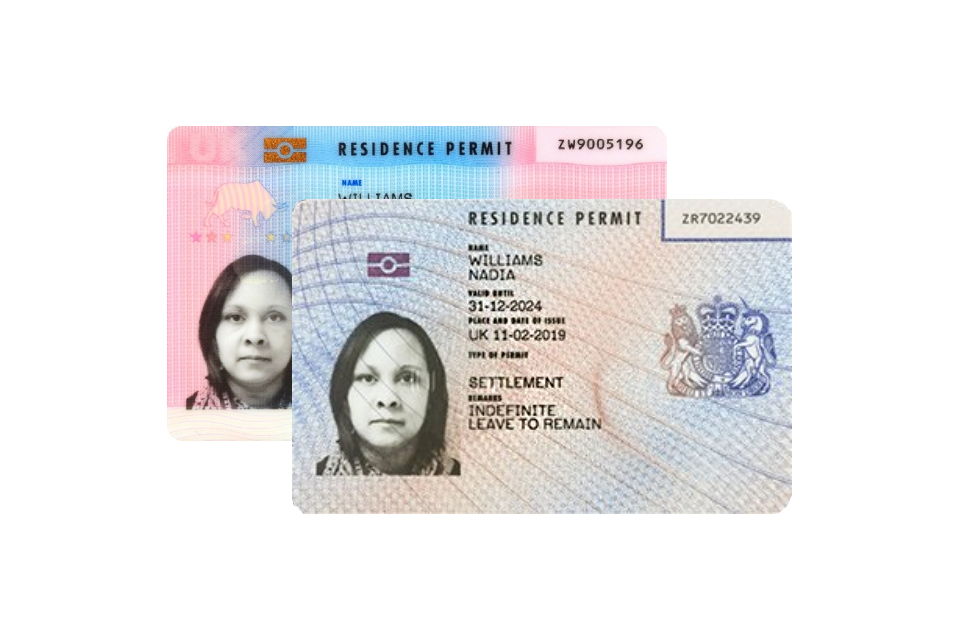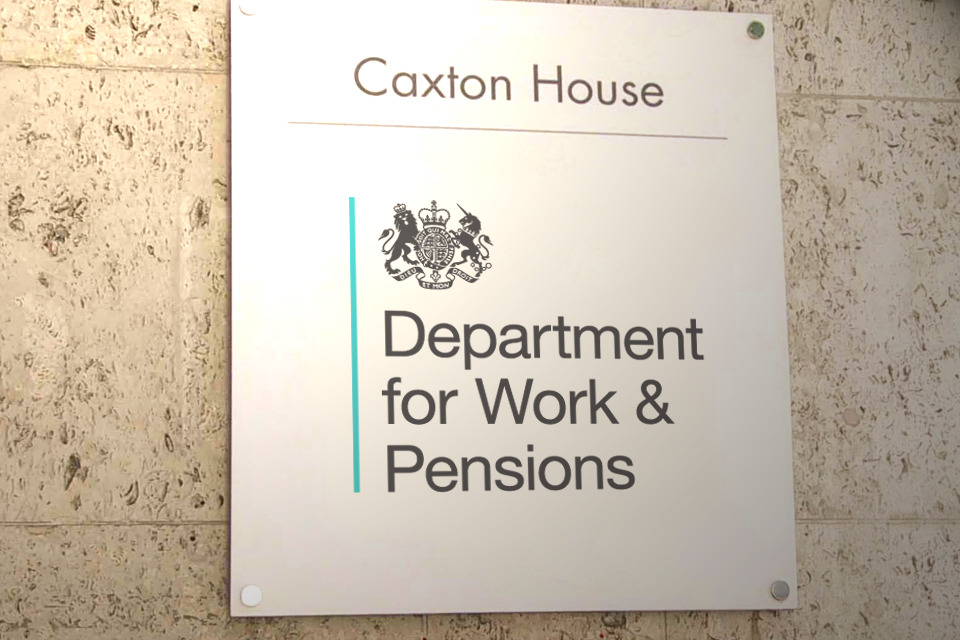New versions of the vendor’s operating systems include support for DNS over HTTPS
Credit: Pixabay
The government is keeping tabs on the potential implications for children’s online safety of updates to Apple’s operating systems.
The latest iteration of the vendor’s mobile operating system, iOs 14, launched publicly earlier this month. A new version of macOS, dubbed Big Sur, is due to follow later in the year.
Both programs feature support for the DNS over HTTPS (DoH) protocol which, effectively, encrypts information on users’ online activity and sites visited.
Without this technology, DNS – which stands for domain name system – information is typically visible to internet service providers. DNS is often characterised a as phone book-style directory of the internet, and visibility of DNS requests allows ISPs to see what sites users are visiting – and to block access where appropriate.
Proponents of DNS over HTTPS argue that it provides far greater levels of user privacy across the board, and that it is a particularly valuable tool for citizens of countries with oppressive regimes and high levels of state-led censorship.
Related content
- Digital minister: ‘Online anonymity is important’
- Online harms – Labour calls for action to ‘protect our democracy’
- Our response to online harms should focus as much on cure as prevention
But critics of the technology argue that, by preventing ISPs from tracking internet activity and blocking access to certain sites, it will limit the ability to clamp down on harmful sites, such as those that host images and videos of child abuse.
Mozilla Firefox was the first web browser to implement support for DoH, first doing so on a test basis in late 2018. Support has since been implemented by Chrome, as well as other browsers such as Opera.
In a series of written parliamentary questions, shadow secretary of state for digital, culture, media and sport Jo Stevens asked the government what discussions it has had with Apple, Microsoft, Google and Mozilla about the potential implications of DoH for online safety and the regulatory environment. She asked in particular about the likely impact of the inclusion of the technology on the latest Apple operating systems.
In response, minister for digital and culture Caroline Dinenage said that her department is keeping a close eye on developments and how they may affect the government’s planned Online Harms legislation, which has been in the works since 2017 and is due to become law sometime in the next year or two. One of the bill’s key proposals is the creation of an online harms regulator – a role which, as it stands, is likely to be given to Ofcom.
“We are aware of ongoing developments relating to the DNS over HTTPS protocol and are working with industry and other key stakeholders to understand potential unintended consequences arising from its implementation,” Dinenage said, in response to the question about Apple updates. “We are working closely with a wide range of relevant stakeholders to ensure that new technologies do not compromise the safety of children online.”
She added: “DCMS continues to monitor the DNS over HTTPS roll out of all key companies, including Apple, Microsoft and Google and its potential impact on proposals for a new Online Harms Regulatory Framework. The Online Harms regulator will have a suite of powers to take effective enforcement action against companies that fail to fulfil their duty of care. We will set out further details in the full government response later this year.”



